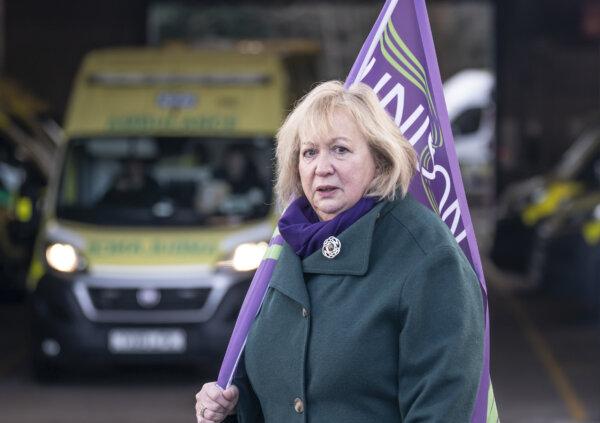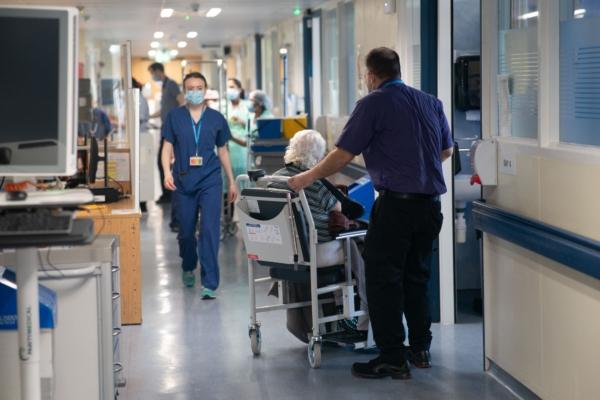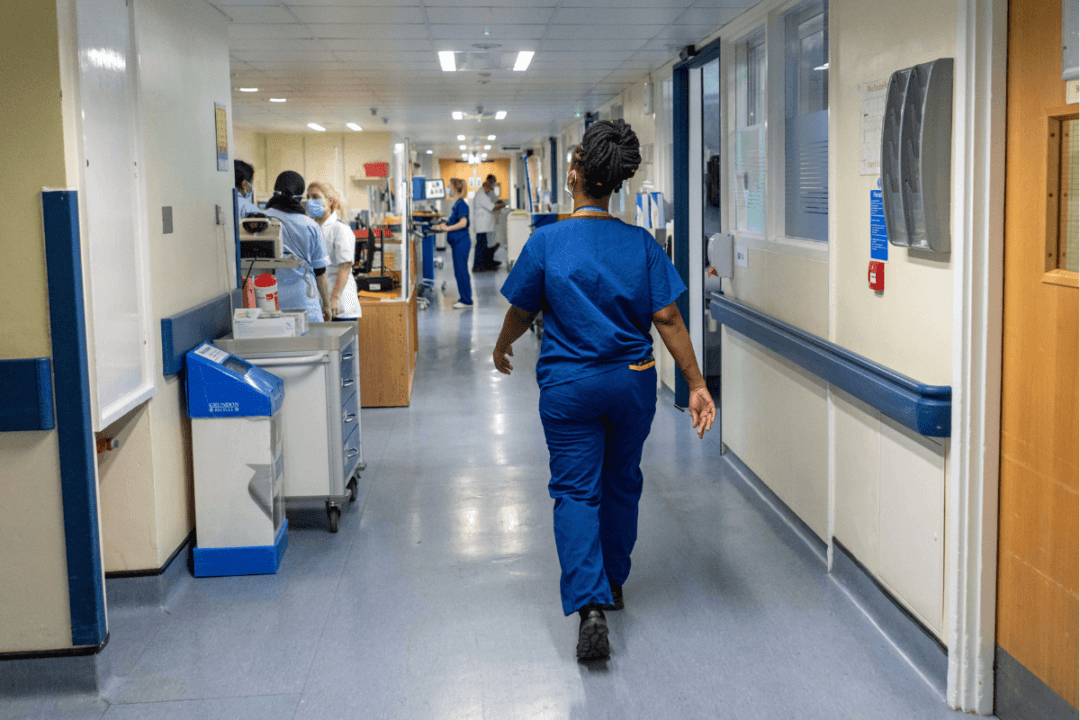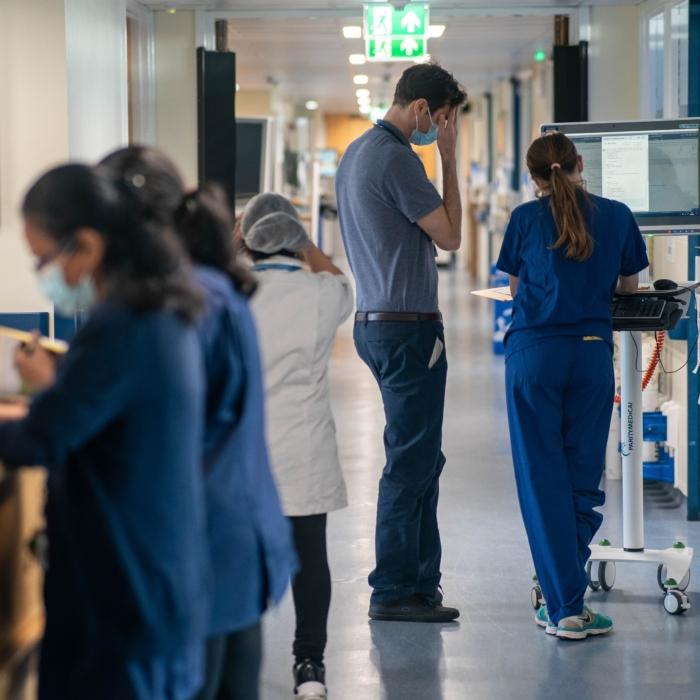One in ten NHS workers, including nurses, porters, ambulance workers, cleaners, and 111 call handlers, have experienced sexual harassment in the workplace, according to a survey.
Sexual assault was reported by 29 percent of all health staff who had experienced sexual harassment, according to the data from the survey of 12,243 health care staff across the UK. One quarter (25 percent) said they had experienced unwanted sexual advances, demand for sexual favours, or propositions. Half (50 percent) said they had been the target of suggestive gestures or leered at.
The most common issue (61 percent) amongst those who experienced sexual harassment was crude “jokes” or “banter.” Other complaints included unwelcome messages of a sexual nature (15 percent) and being exposed to offensive material, including pornography (8 percent).
Royal College of Nursing chief nurse professor Nicola Ranger said the figures “paint an incredibly disturbing picture.”
Professor Ranger said employers must “do all they can to protect staff as they do their jobs and create an environment where they can confidently report incidents and know they will be taken seriously, and all appropriate action will be taken.”
Raped by Colleagues
UNISON collected statements from respondents which detailed their experiences of sexual harassment. Some testimony included reports of sexual assault from colleagues and patients, inappropriate physical contact, lewd remarks from members of the public over the phone, and rape.A pathology technician from Yorkshire and Humberside said they had witnessed “complete blurred boundaries,” including kissing and “men grabbing colleagues from behind and pushing themselves into them.”
The respondent added they had “experienced someone inappropriately stroking my arm, someone sneaking up behind me and jabbing their fingers into my ribs and someone slapping my bum. I even had someone pushing a lock of hair behind my ear when I was alone with them.”
A 111 call handler in Wales described how “fairly frequently” people call the non-emergency medical helpline and “try to use it as a sex line.” They described having to try to go through an assessment over the phone “whilst they are making sexual comments and crude jokes the entire time.”
“I really hate it. It’s very common during night shifts. The same people often call again and again during the same shift and there’s nothing we can do,” the call handler said.
Half Didn’t Report Sexual Harassment to Employer
Despite the serious—and in some cases, criminal—nature of the incidents, more than half (51 percent) of the workers did not report the incidents to their employers.Sixty percent of respondents who did not report the incidents of harassment said they feared being considered “over-sensitive.” The second most popular reason at 53 percent was feeling a lack of trust in the process, followed by believing their employer would not act on the complaint at 48 percent.

Perpetrators included those who worked in healthcare settings and patients. More than half (56 percent) of respondents said the incidents involved colleagues, 16 percent involved managers, and two-fifths were subjected to harassment from patients.
‘Despicable Behaviour’
UNISON general secretary Christina McAnea remarked on her union’s findings: “No-one should ever have to endure such despicable behaviour, and certainly not in their place of work.“But NHS staff often put up with this appalling abuse, not reporting it because they don’t believe they’ll be taken seriously.”
Ms. McAnea called for more to be done to protect NHS staff from sexual harassment and reassure them that complaints will be taken seriously and fully investigated.
“Employers must take swift action when workers flag up incidents, regardless of whether the sexual harassment has come from a patient or a colleague. Otherwise, this completely unacceptable behaviour will simply continue,” she added.

A spokesman from the Department of Health and Social Care said: “Sexual violence or misconduct of any kind is unacceptable and NHS organisations have a responsibility to protect both staff and patients.
“We have a zero tolerance approach and will continue to work with the NHS to ensure that they are taking measures to stop sexual assaults from happening, and to ensure staff feel comfortable raising concerns.”
“We encourage any member of staff who have faced these issues to report it within the NHS, and to the police,” the spokesman said.







